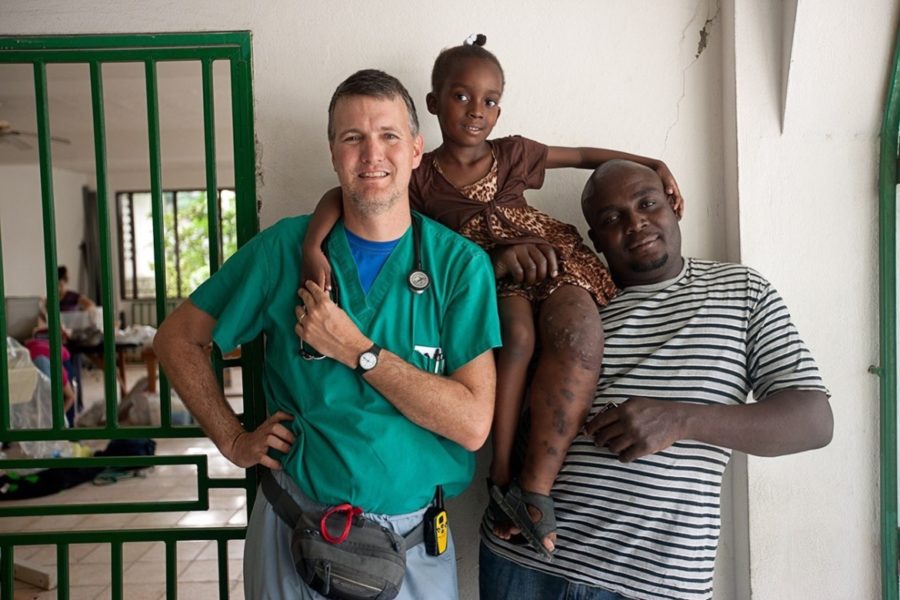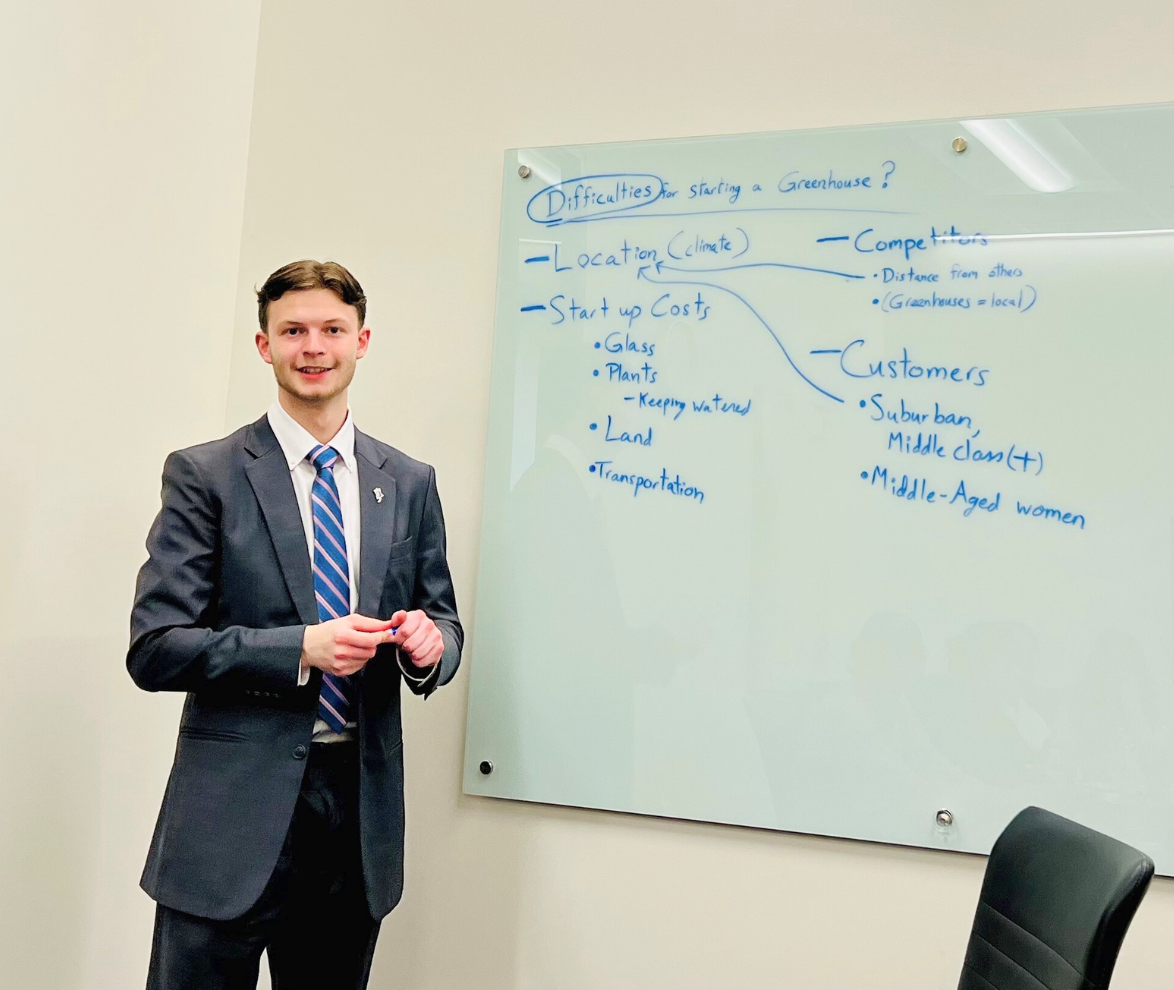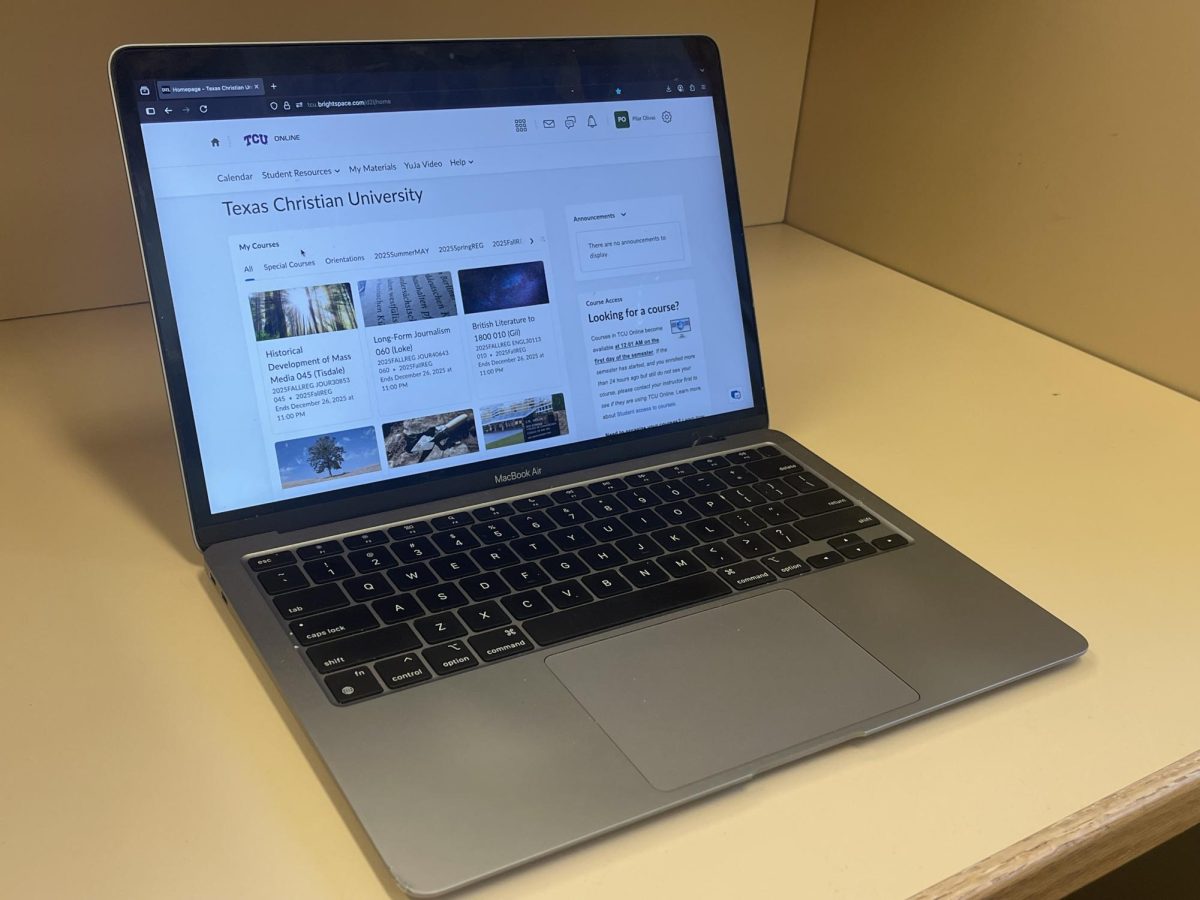Students will have an opportunity to step out of the classroom Tuesday to learn how health care extends beyond professional settings and influences personal lives. The Global Impact on Healthcare, a conjoined interdisciplinary effort among faculty, is bringing five healthcare professionals to campus who are known for bringing care and training to people in areas of the world that lack access and resources. The panelists will meet with classes and attend a lunch and dinner before gathering in the ballroom of the Brown-Lupton University Union at 6:30 p.m. Tuesday to address the 109 questions that have already been submitted by students. Associate Dean for Nursing Suzy Lockwood said listening to these speakers is important because as a country, we can become narrow-minded with healthcare. She gave the example of the Ebola outbreak last year. “All of these diseases that we think are so far away and that we can’t be exposed to in the United States really are just a plane ride away,” Lockwood said. “Not only can we be exposed to all of those things, but we can make a difference.” Lockwood said healthcare affects everybody, so the event is not only for nursing students, but also for anyone who understands the importance of having strong leaders. The panel features Dr. Ric Bonnell, Dr. John Gibson, (RN PhD) Mary Foley, Dr. David Knight and Dr. John Podgore. Bonnell, TCU alumnus and director of global health at Dell Children’s Medical Center of Central Texas, organized a medical team to deliver care and treatment to those devastated by the 2010 earthquake in Haiti. Since then he has taken several missionary trips to Haiti and adopted five Haitian children. Gibson, director of Global Health Education at UNT, served 20 years as a medical missionary in Thailand. He was the founding director of the Thai Peoples Welfare Foundation and is certified in tropical medicine and travel health. Foley has been a nurse for 42 years. She was on the board of the National Patient Safety Foundation and currently works to promote safe care for patients and workers in the United States and across the globe. Knight, a general surgeon at Waterbury Hospital in Waterbury, Connecticut, is the president and founder of Loupes Around the World. He spends two weeks every September and March working at the John F. Kennedy Hospital in Monrovia, Liberia. He and his team have operated on approximately 450 people abroad. Podgore was a medical officer and pediatric infectious disease consultant in the U.S. Army for 21 years. He served in Vietnam and Egypt and conducted field research overseas in places such as Somalia, Thailand and Peru. Ashlea Harper, a teaching assistant in the biology department, said she attended the panel discussion last year and was inspired by their stories. “To enter a part of the world, bringing in resources that aren’t available, you’re making an investment to change the quality of life for someone for the long-term,” Harper said. “That’s a huge impact you’re making, in just doing something voluntarily on your own time.” Clark Jones, the TCU biology instructor who led the effort to organize the event, said the event’s slogan “Give Thanks. Give Relief” comes with a profound backstory he and his staff are incorporating this year. “It’s only fitting being a week before Thanksgiving, we should not only reflect on our own lives, but on the lives of everybody around the world, especially professionals who are giving relief through education, healthcare and teaching,” Jones said. Jones said he hopes the Global Impact on Healthcare will become an annual event TCU hosts and will spread across different areas of study on campus. “The university’s mission encourages pursuing a global perspective, and this discussion prompts students to consider what it means to be a global citizen,” Jones said. “We expect this initiative to grow as we continue to have more students and classes interested and involved.” Jones said there are opportunities everywhere to engage in issues and aspects of healthcare, and if we look closely at our own lives, we can begin drawing some parallels. “We all have our impact, whether it’s local or somewhere else in the world,” Jones said. “That’s the most important thing. If we can’t be there, maybe we can inspire someone else to.”
Categories:
Global Impact on Healthcare to feature panel of renowned professionals
By Claire Girman and Sophia Doumani
Published Nov 16, 2015
Dr. Ric Bonnell poses with Ruth and Moliere Jacques in Haiti. They lived with the Bonnells in Texas for a few months while she was receiving therapy for her leg malformation.
More to Discover







